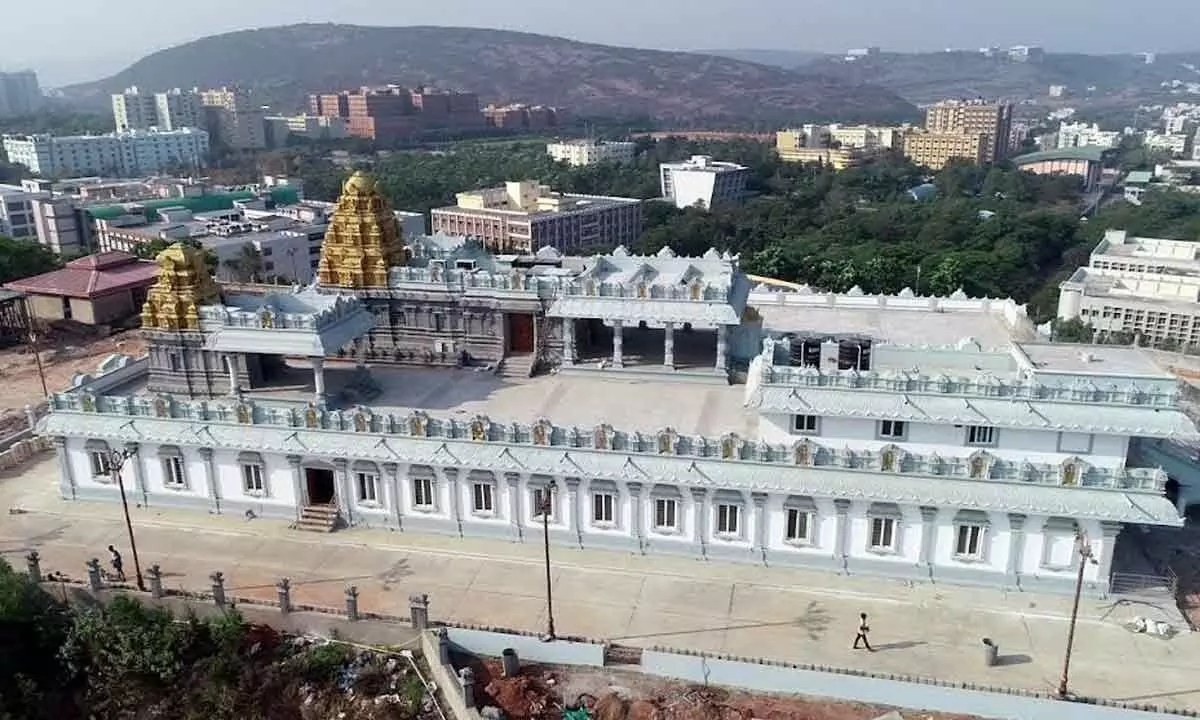Revolutionising Education: Here Are the Details of India's New Education Policy
The Union Cabinet of India has approved a new education policy that aims to bring significant changes to the country's education system. After 36 years, the new education policy is coming into force, and it promises to transform the way students learn and pursue higher education in India.
One of the most significant proposals of the new education policy is the change in the structure of primary, preparatory, middle, and secondary education. Under the new policy, students will have five years of primary education, starting with nursery at the age of four, Jr. KG at the age of five, Sr. KG at the age of six, and studying 1st and 2nd at the ages of seven and eight, respectively. After primary education, students will have three years of preparatory education, starting with the 3rd grade at the age of nine, followed by the 4th and 5th grades at the ages of ten and eleven, respectively.
The middle education stage will be three years long, starting with Class 6 at the age of twelve, followed by Class 7 at the age of thirteen, and Class 8 at the age of fourteen. The secondary education stage will last four years, starting with Class 9 at the age of fifteen, followed by Std SSC at the age of sixteen, Std FYJC at the age of seventeen, and Std SYJC at the age of eighteen.
Under the new education policy, the board exam will be conducted in the 12th class only, and there will be no mandatory 10th board exam. Instead, the exam will be conducted semester-wise from Class 9th to 12th. The schooling will be taught under the 5+3+3+4 formula. Furthermore, up to Class 5, students will be taught only in their mother tongue, local language, and national language. The rest of the subjects will be taught in English, promoting regional languages' use.
The new policy also proposes several changes in higher education. A college degree will last between 3 and 4 years, starting with a certification in the first year of graduation, followed by a diploma in the second year, and finally, a Degree in the third year. Students who do not want to pursue higher education can opt for a 3-year degree, while students who want to pursue higher education will have to complete a 4-year degree course. Students who study a 4-year degree can do MA in one year. MA students can now directly do a PhD.
The new policy also proposes several other reforms in higher education, including graded academic, administrative, and financial autonomy. Additionally, e-courses will be launched in regional languages, virtual labs will be developed, and the National Educational and Scientific Forum (NETF) will be launched. The policy aims to increase the gross enrollment ratio in higher education to 50 percent by 2035. Moreover, students who want to do another course in between can take a break from the first course for a limited time and pursue the second course.
Finally, the new education policy proposes uniform rules for all public, private, and deemed institutions, promoting equality and inclusivity in the education system. It promises to bring significant changes to the country's education system. From changing the structure of primary, preparatory, middle, and secondary education to introducing reforms in higher education, the new policy aims to transform the way students learn and pursue higher education in India. The policy's special features, such as promoting regional languages, eliminating the mandatory 10th board exam, and conducting board exams only in the 12th class, are expected to benefit students in multiple ways. It will be interesting to see how the new education policy is implemented and how it impacts the future.

 Praveena M
Praveena M




















